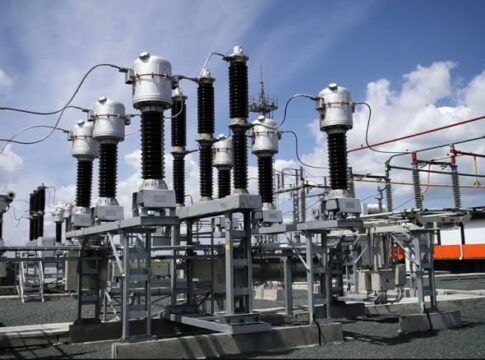Nigerians have faced repeated power outages, as the national grid has collapsed ten times in this year alone. Government officials are now calling for immediate reforms, citing outdated equipment and poor maintenance as key causes. This latest report, presented by Nafisatu Asabe Ali, the head of the investigative committee, offers insights into the systemic issues affecting the country’s energy infrastructure.
“The repeated failures are both frustrating and worrisome,” Ali shared at a press conference in Abuja. Her committee’s investigation revealed that critical equipment, like the lightning arrestors in Jebba and Oshogbo, was unable to withstand recent high-voltage surges, triggering grid collapses on October 14 and 19. “High voltage damages equipment insulation, and over time, the risk of failure becomes inevitable,” she explained, adding that some of these components date back to the station’s 1968 commissioning.
Ali’s report also highlights the “remote cause” of high voltage in Jebba, linked to a faulty shunt reactor. The voltage reportedly surged to 400kV—beyond safe levels—degrading equipment at a faster rate. Alongside aging infrastructure, the team identified insufficient human resources, frequent vandalism, and uncoordinated maintenance as factors hampering the grid’s stability.
READ MORE: President Tinubu Reshuffles Cabinet, Swears in Seven Fresh Faces For Nigeria’s Economic Revival
In response, Minister of Power Adebayo Adelabu pledged to seek additional funding for infrastructure upgrades. “This is not just an operational issue; it’s a matter of national urgency,” Adelabu stated. “I am personally committed to seeing these problems addressed through targeted investments.” Adelabu plans to submit a detailed financial request to President Bola Tinubu, outlining the cost implications of essential reforms.
Further recommendations from the committee included comprehensive audits and inspections of all equipment, installation of harmonics filters for stabilizing current, and improved scheduling for transmission line maintenance. Decentralizing the central storage of transmission materials and enforcing free governor operation modes were also advised to enhance grid responsiveness.
As Nigerians endure frequent blackouts, there is mounting pressure on the government to resolve the power crisis. Adelabu acknowledged this frustration, stating, “This isn’t just about power—it’s about the well-being of our citizens and the growth of our economy. The grid’s stability is essential to every sector.”




